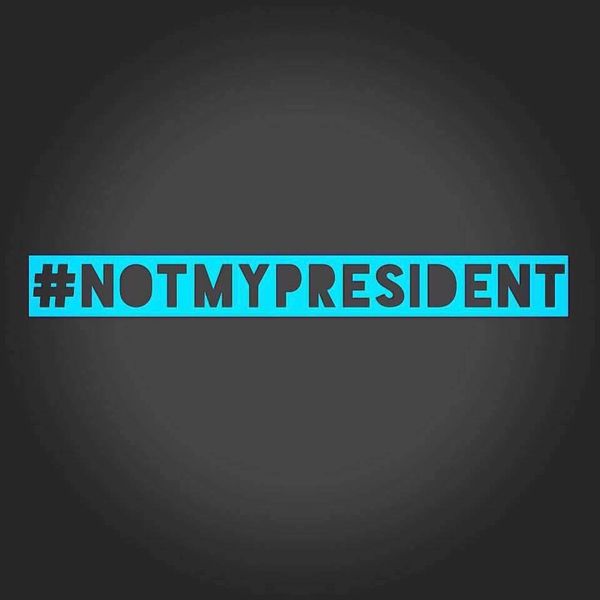I have written too many articles about Donald Trump. And while I am tired of detailing the problematic elements of his campaign, there is one aspect that I have yet to touch on which is deeply vital to the entirety of this election cycle, and potentially, to America as a whole: language.
Now, as an English major, words are something I don’t take lightly. They are incredibly important to me because they are what I interact with all day, every day; I have been taught that words have meaning, that they are important. My AP Lit teacher my senior year of high school said to us once, “Great writers don’t waste words,” and that always stuck with me as a reminder that everything someone says or writes – or tweets – has meaning and therefore has value.
Donald Trump is the prime example of this. He is endlessly talkative, amused by his own voice and tripping over his tangled web of lies more often than not, going on endless talk shows and interviews and rambling even at his own rallies. His Twitter is an endless stream-of-consciousness. I have no problem with this. He is entitled to speak the way he wants and to use the mediums he desires to express these thoughts. But it’s what he’s saying. It’s the words he’s using. It’s the underlying themes under each of these thinly-veiled (and often blatantly stated) insults and derisions that is incredibly problematic and dangerous in today’s society.
Donald Trump is a man of considerable power who could be using his celebrity for good – and instead, he acts as a mouthpiece for all of the bigotry and hatred in America. He demeans, mocks and offends any person who is not just like him (a white, wealthy, Christian male). And he does not do so with overwrought language that confuses the common people; rather, he states it bluntly and straightforwardly. Although that is open and inviting to common people, especially those sharing such views, the danger lies in the fact that such overgeneralization for the sake of comprehension simply causes a lack of genuine understanding.
When Trump calls all Mexicans rapists, and when he shames all of Islam for the actions of an isolated few and claims the entire religion “hates us,” he is feeding the public a bigoted and frightening viewpoint that is easy to latch on to because it is easy to understand. His language is simple, as are his views, and rationally, when a person hears that Islam is the root cause of all terrorism in this country and that the immigrants are just “walking across the border,” what is the likelihood of he or she dissenting?
In my responses to Donald Trump’s actions, words and threats, I have on multiple occasions had people say to me, “What does it matter? It’s just talk.” But isn’t that the problem? Isn’t that mentality – that all of this discourse about banning Muslims and building a wall is simply “talk” – dangerous in and of itself? Trump’s policies are wholly infeasible. I don’t completely fear his ideas in the sense that I worry they will come to fruition. It is the violence his hatred incites, the divide his rhetoric creates.
Yes, maybe it is all just “talk,” but it matters. It is a belief system that he is diffusing and marketing as fact. Did you see all of the reports about the racism that ran rampant in the UK after the Brexit decision? Donald Trump’s words have an impact. They have created an overwhelming tide of ignorance and intolerance that simply cannot be ignored. There is a reason politicians are so policed with their statements, the reason speechwriters are as integral to a campaign as the candidate themself. Your words matter. Trump’s do, too.



















